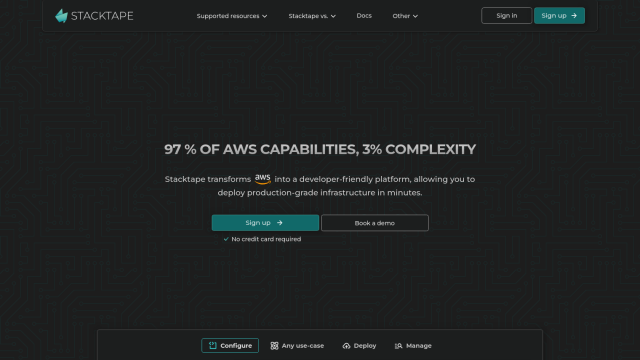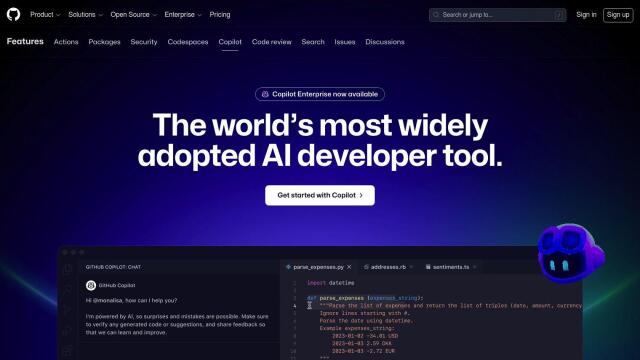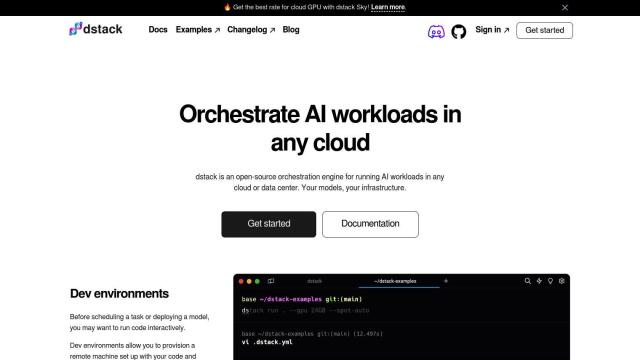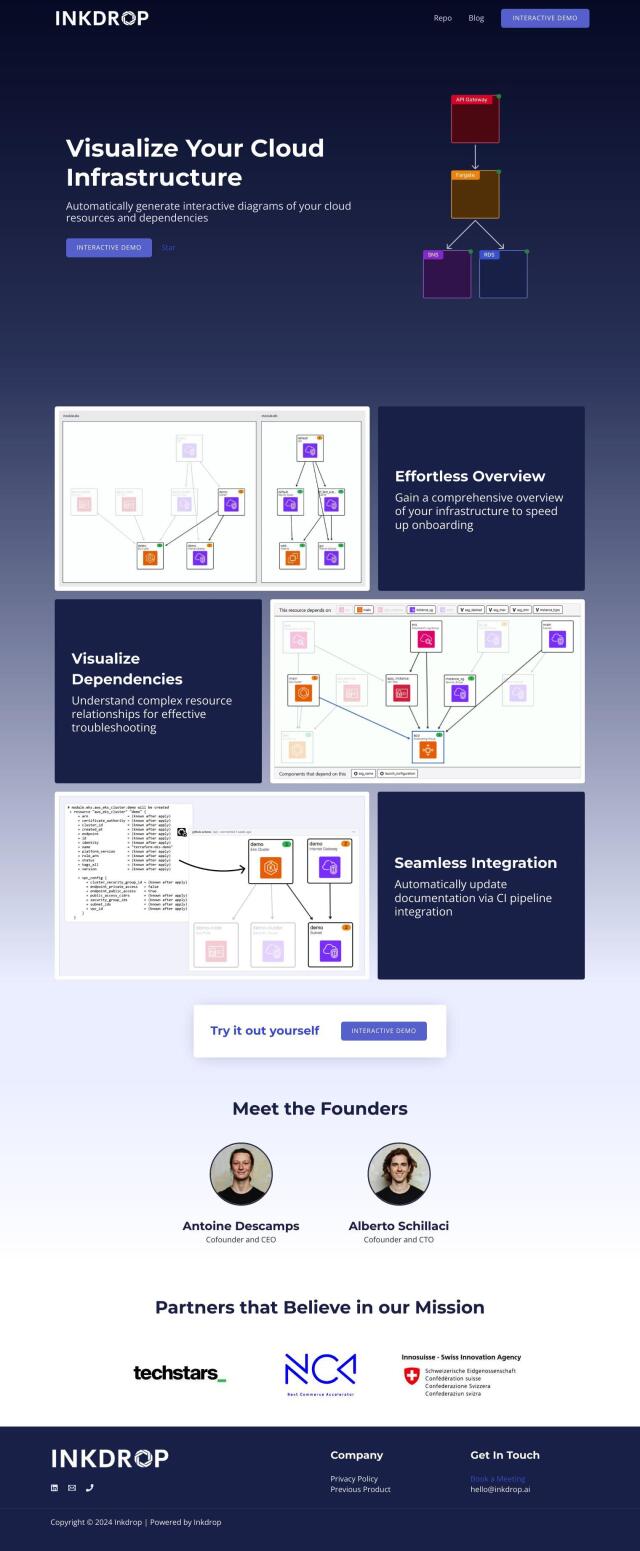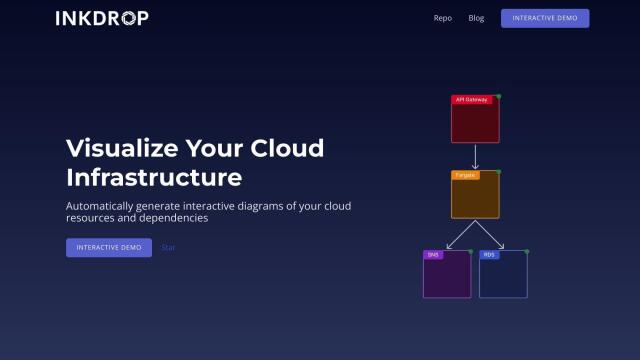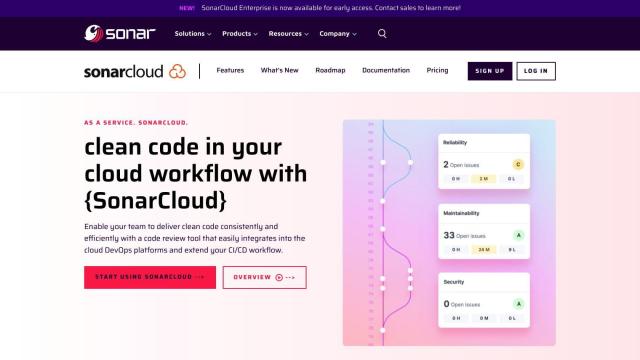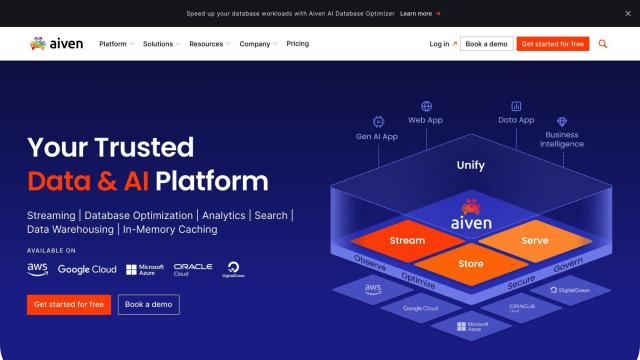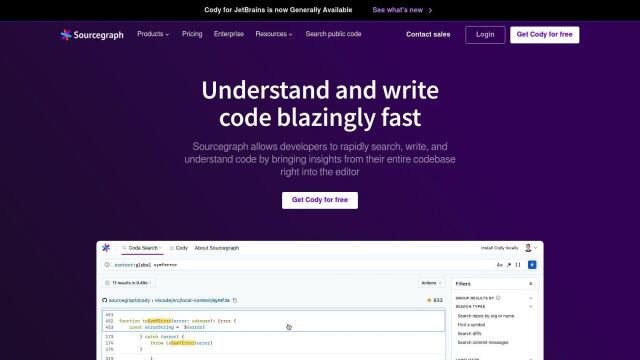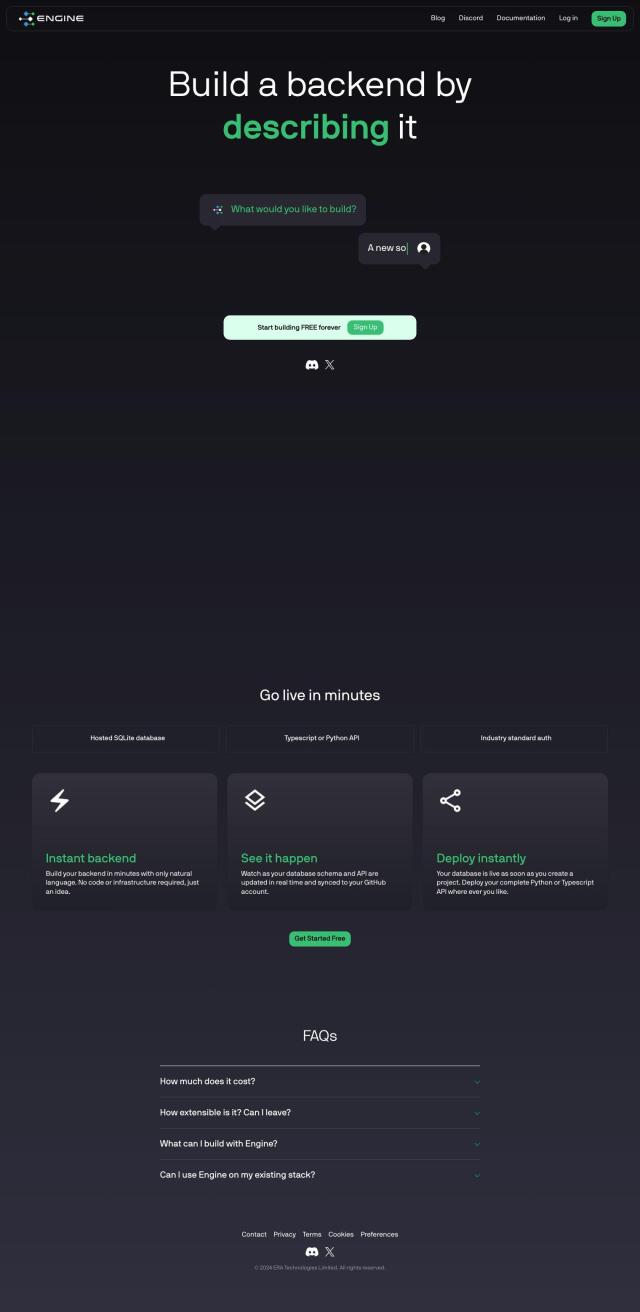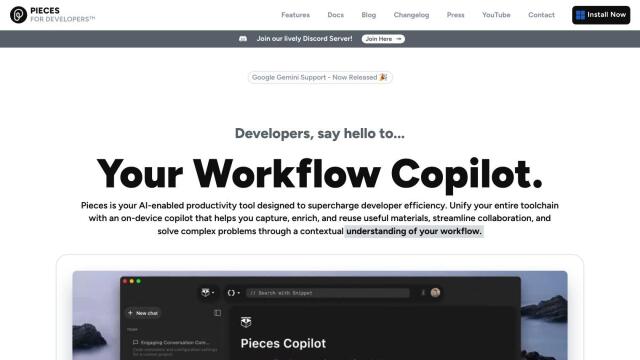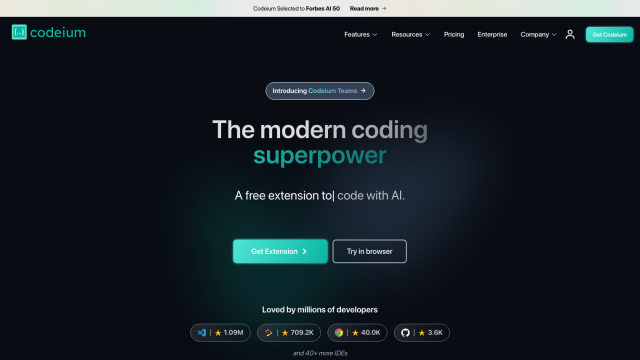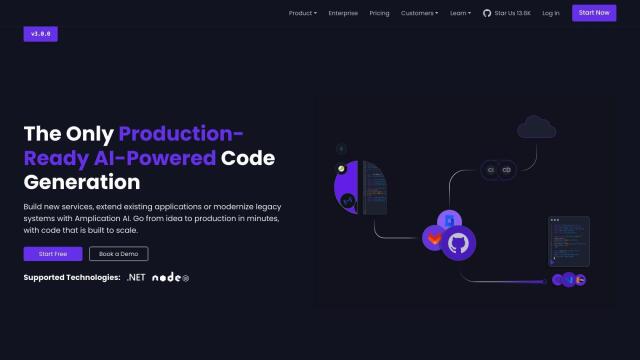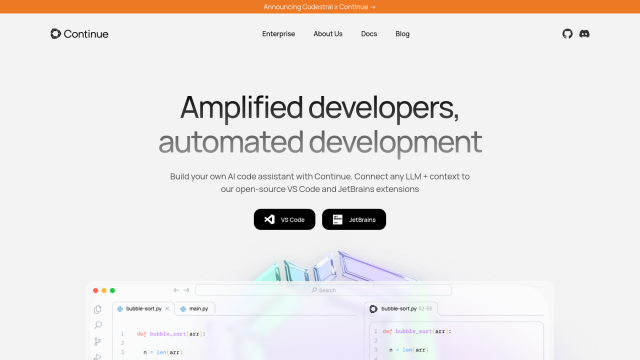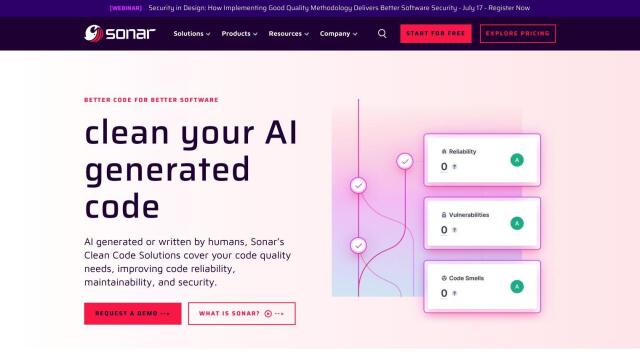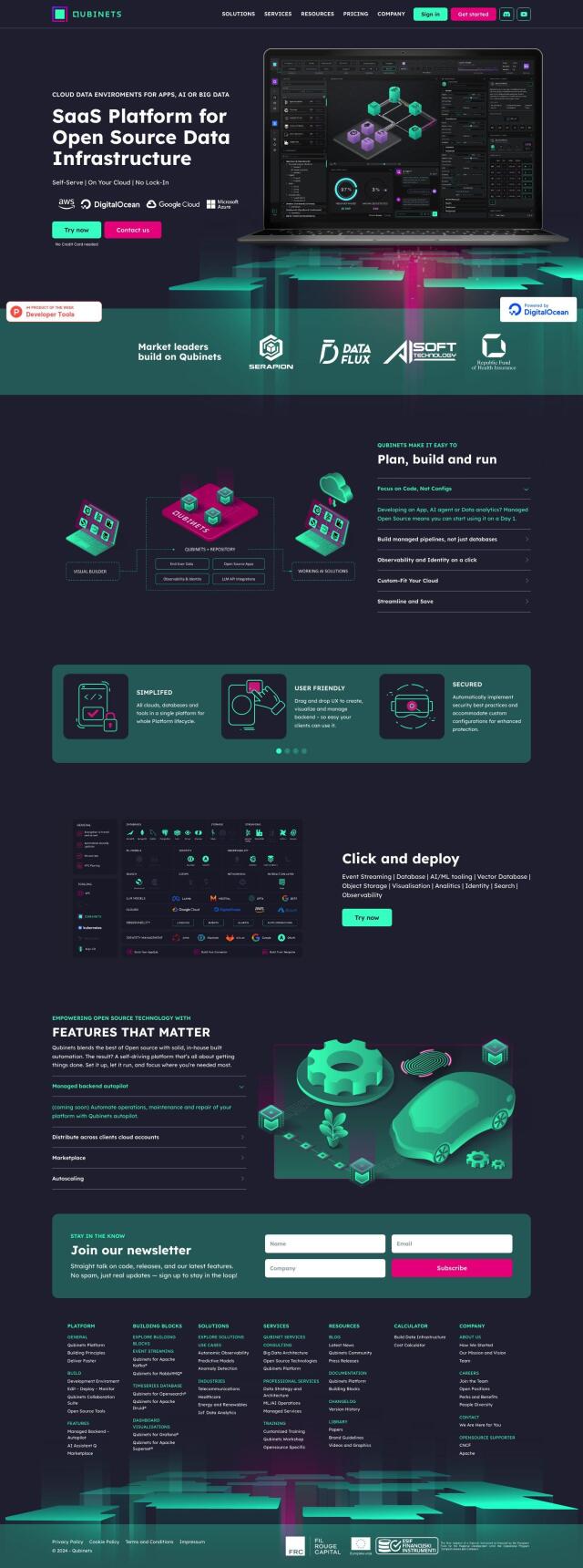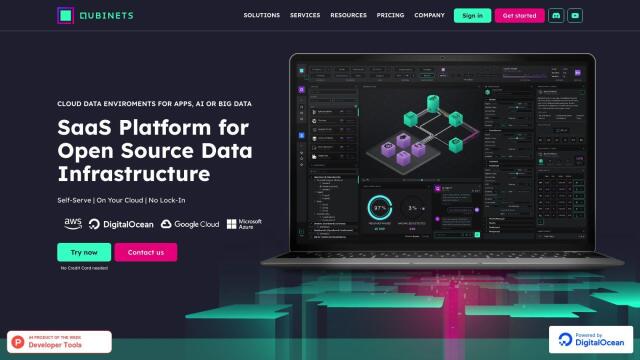Question: I'm looking for a solution that allows me to write infrastructure code in a language I'm familiar with, and integrates with my existing development tools.

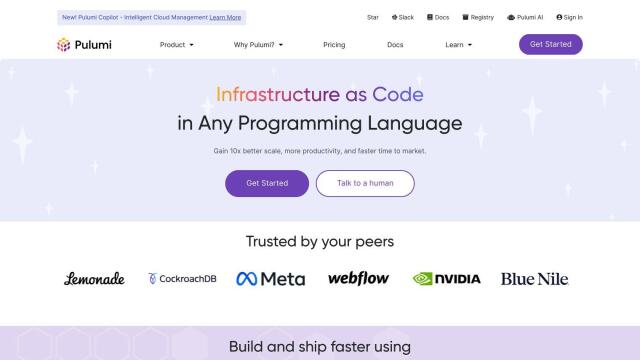
Pulumi
If you want to write infrastructure code in a language you already know and tie into your existing development tools, Pulumi is a top contender. Pulumi is an open-source infrastructure as code (IaC) SDK that lets you build, deploy and manage infrastructure across multiple clouds using languages like TypeScript, Python, Go, C#, Java and YAML. It supports many cloud providers, including AWS, Azure, Google Cloud and Kubernetes, and fits into your existing software delivery pipelines for versioning, testing and deployment. Pulumi also has tools to migrate from existing infrastructure tools like Terraform and AWS CloudFormation, so it's a good choice for teams that want to be flexible and scale.

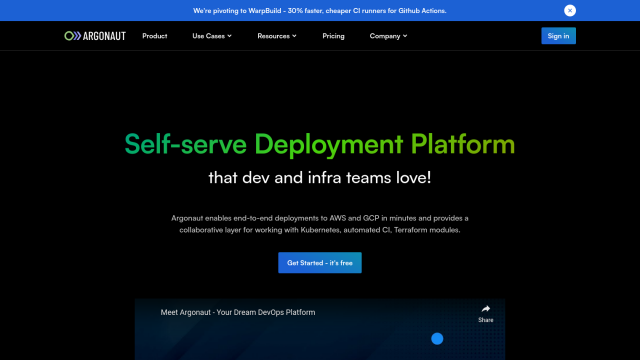
Argonaut
Another strong contender is Argonaut, which automates infrastructure and application deployments to cloud accounts. It can help you deploy apps quickly to GCP and AWS, manage infrastructure collaboratively with managed Terraform state, and customize deployment workflows. Argonaut can connect to multiple GitHub, GitLab, AWS, GCP and container registries, so it's a good choice for DevOps teams and application developers who want to improve collaboration and reduce manual work.
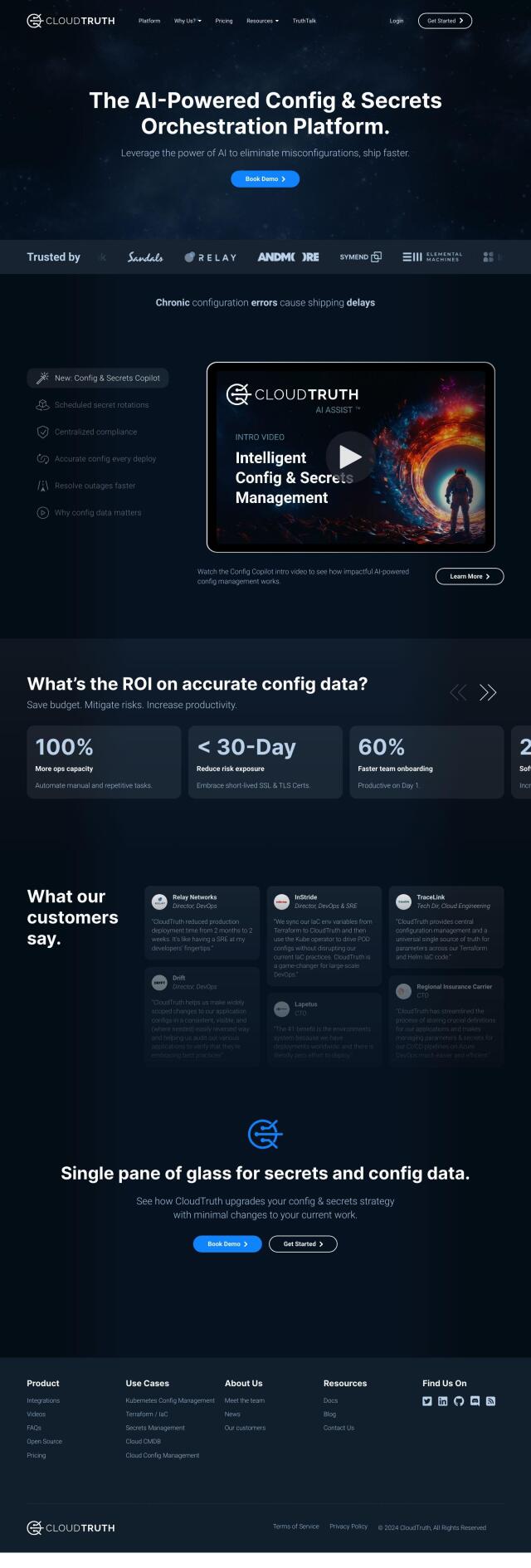

CloudTruth
If you want a more specialized approach to configuration data management, CloudTruth is an AI-powered platform to automate and orchestrate config management. It ensures that secrets and config data are accurate and up to date, so you don't have to worry about configuration drift that can lead to errors, outages and security problems. CloudTruth can connect to CI/CD and IaC tools like Terraform and Kubernetes, so it's a good choice for teams that want to improve productivity and reduce risk by automating config management.


GitLab Duo
Last, you should look at GitLab Duo, a DevSecOps platform that combines development, security and operations. It includes features like continuous integration and delivery, AI-powered workflows and infrastructure as code for cloud native, multi-cloud or legacy environments. GitLab Duo supports a wide range of tools and integrates security into the DevSecOps workflow, so it's a good choice for companies that want to streamline their software development and delivery processes.



